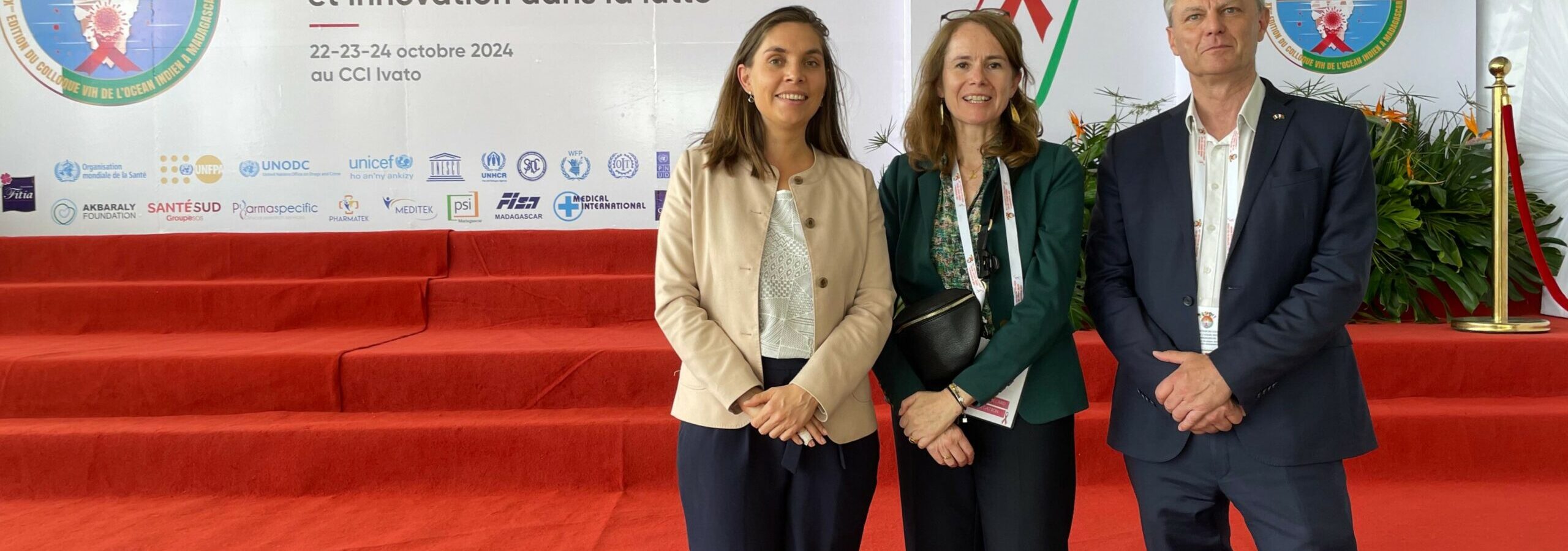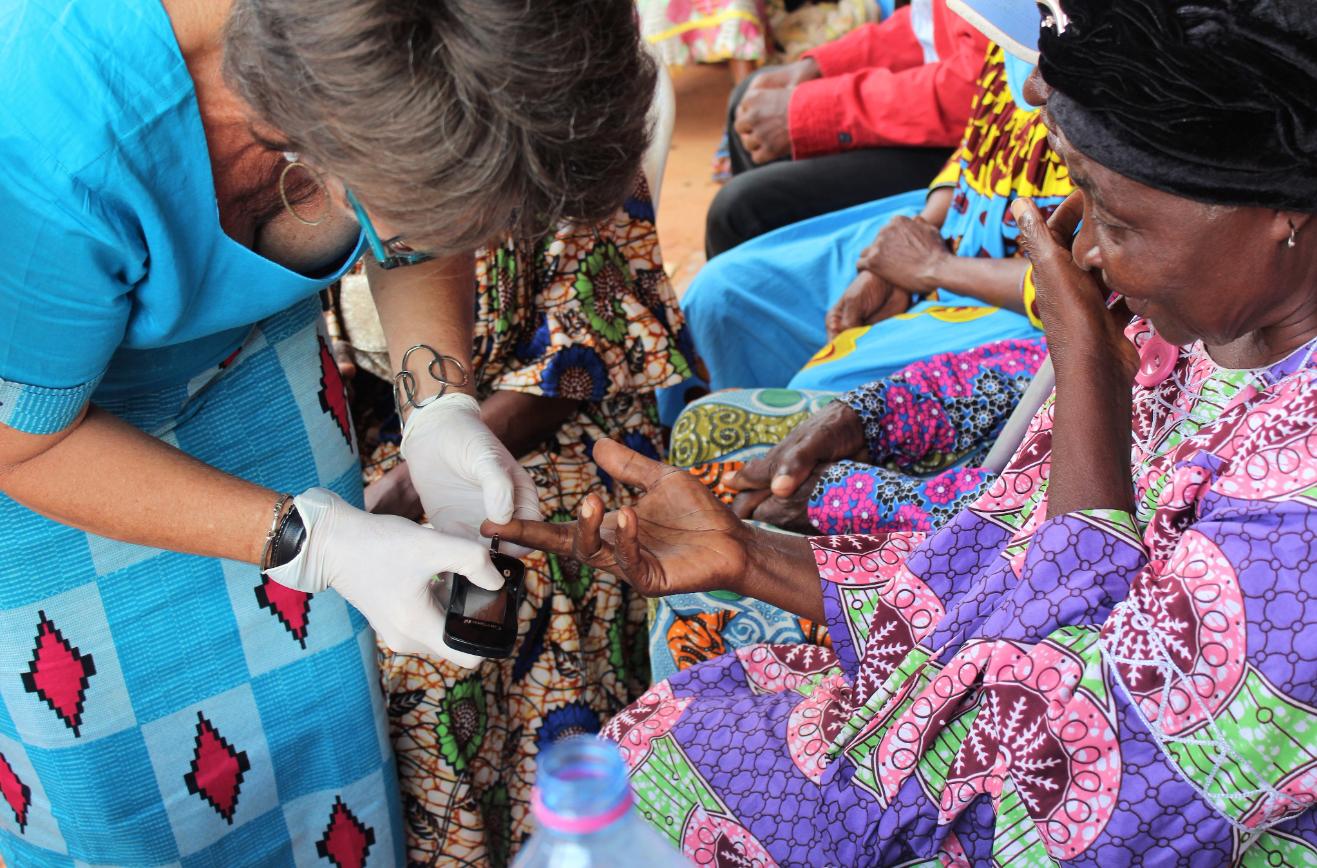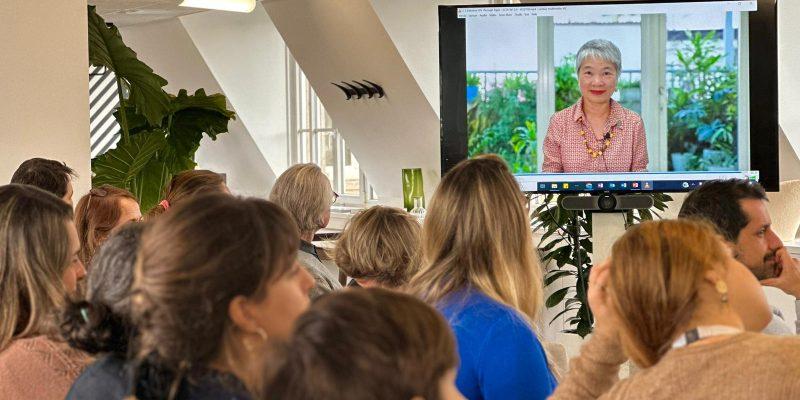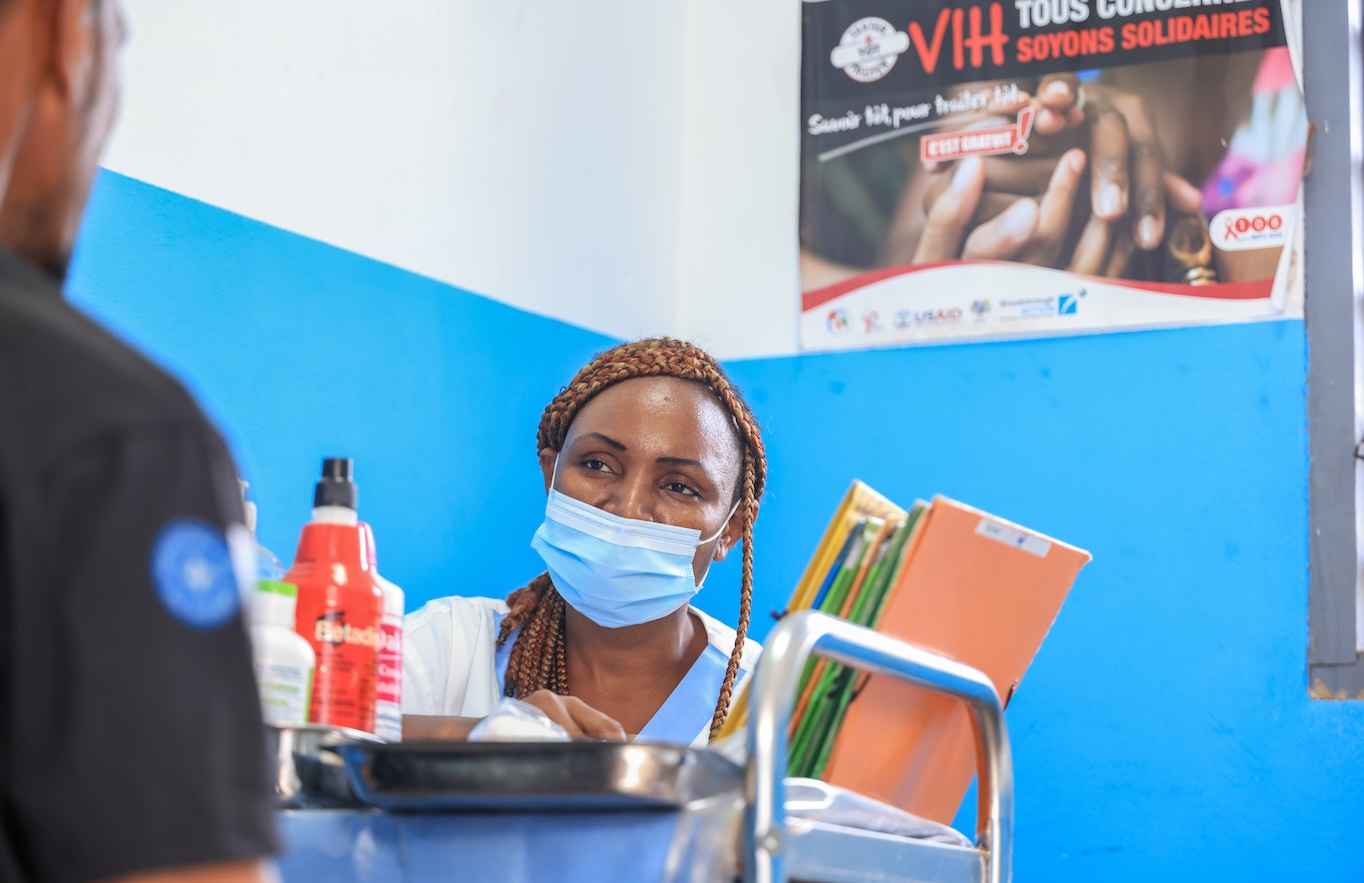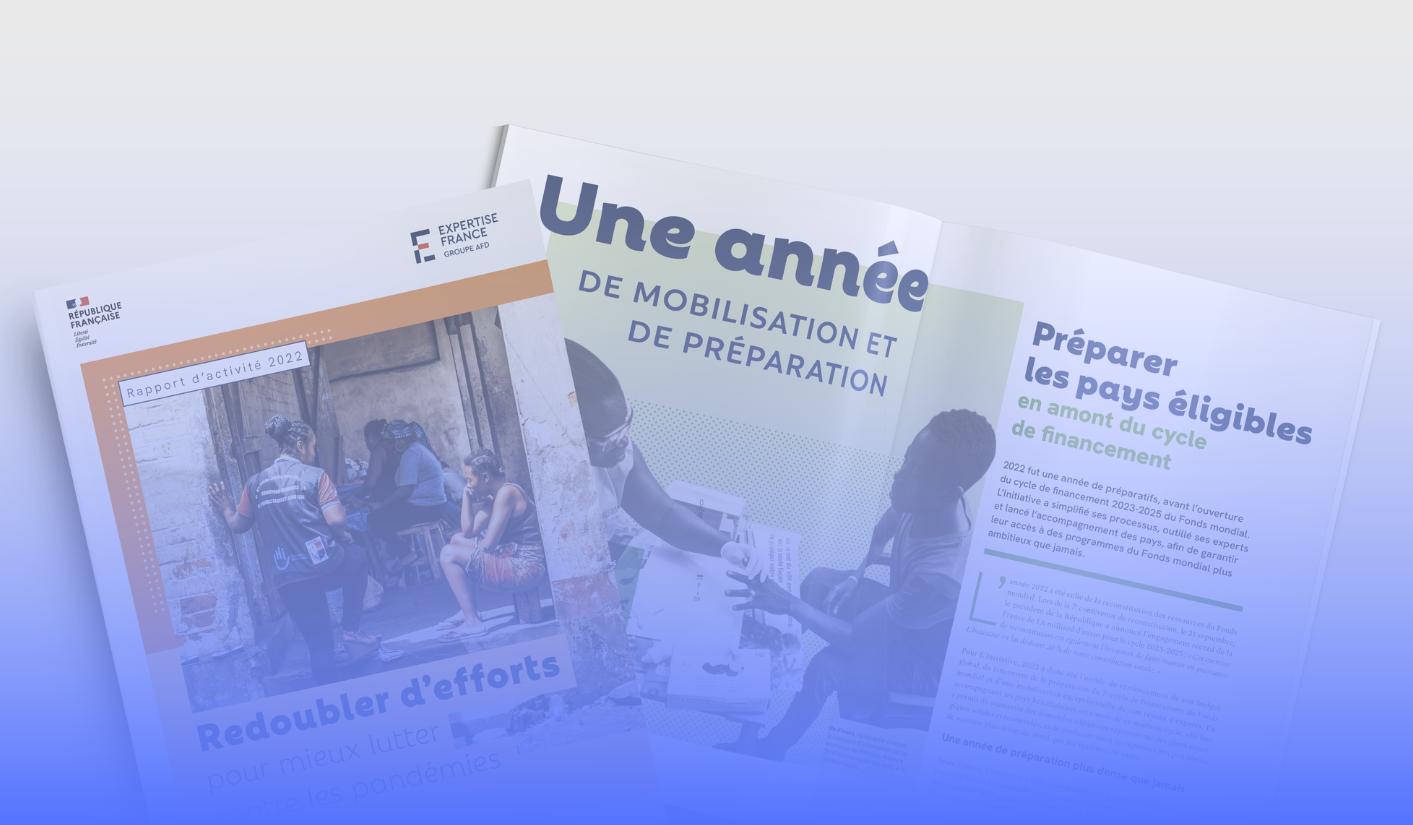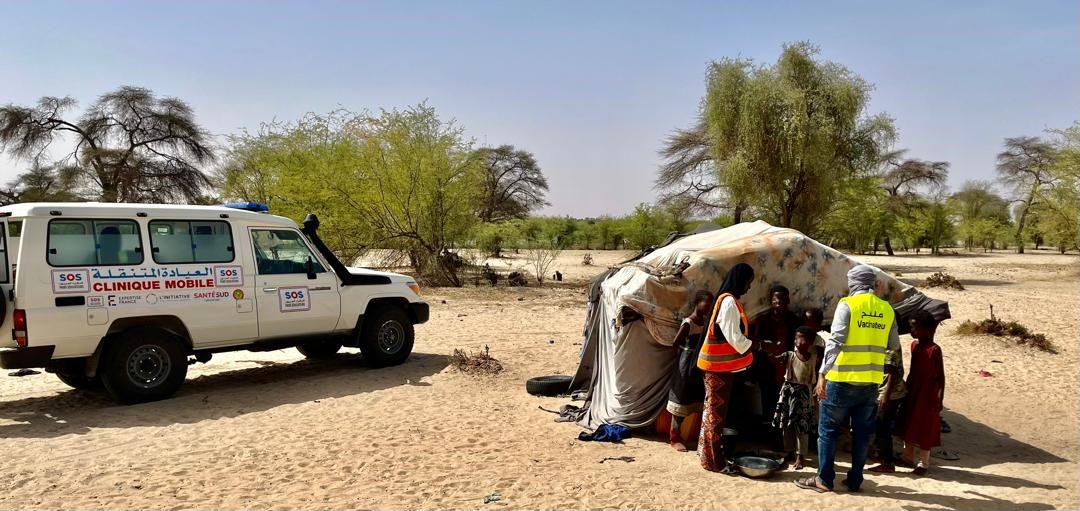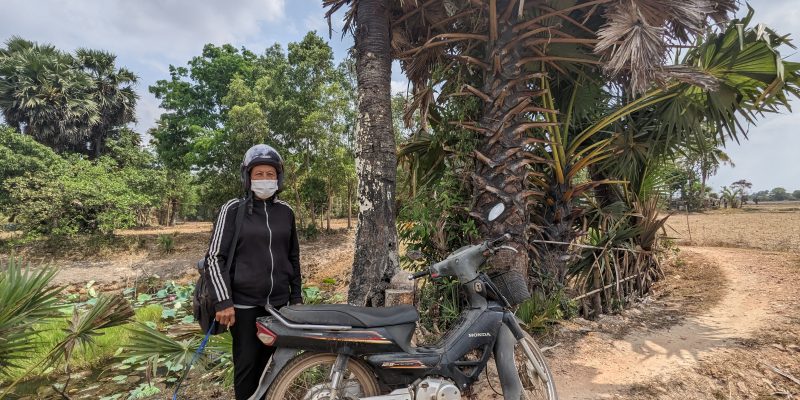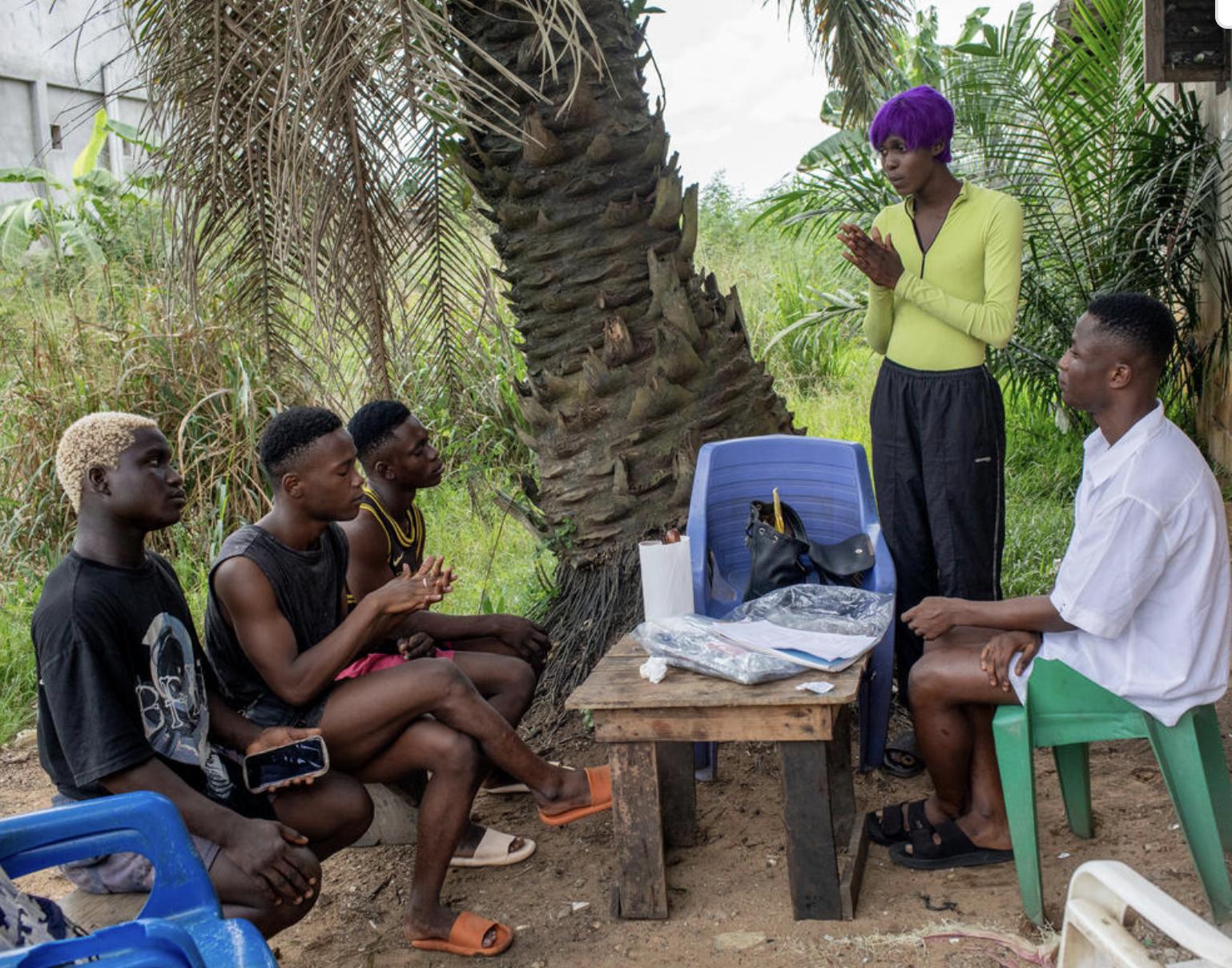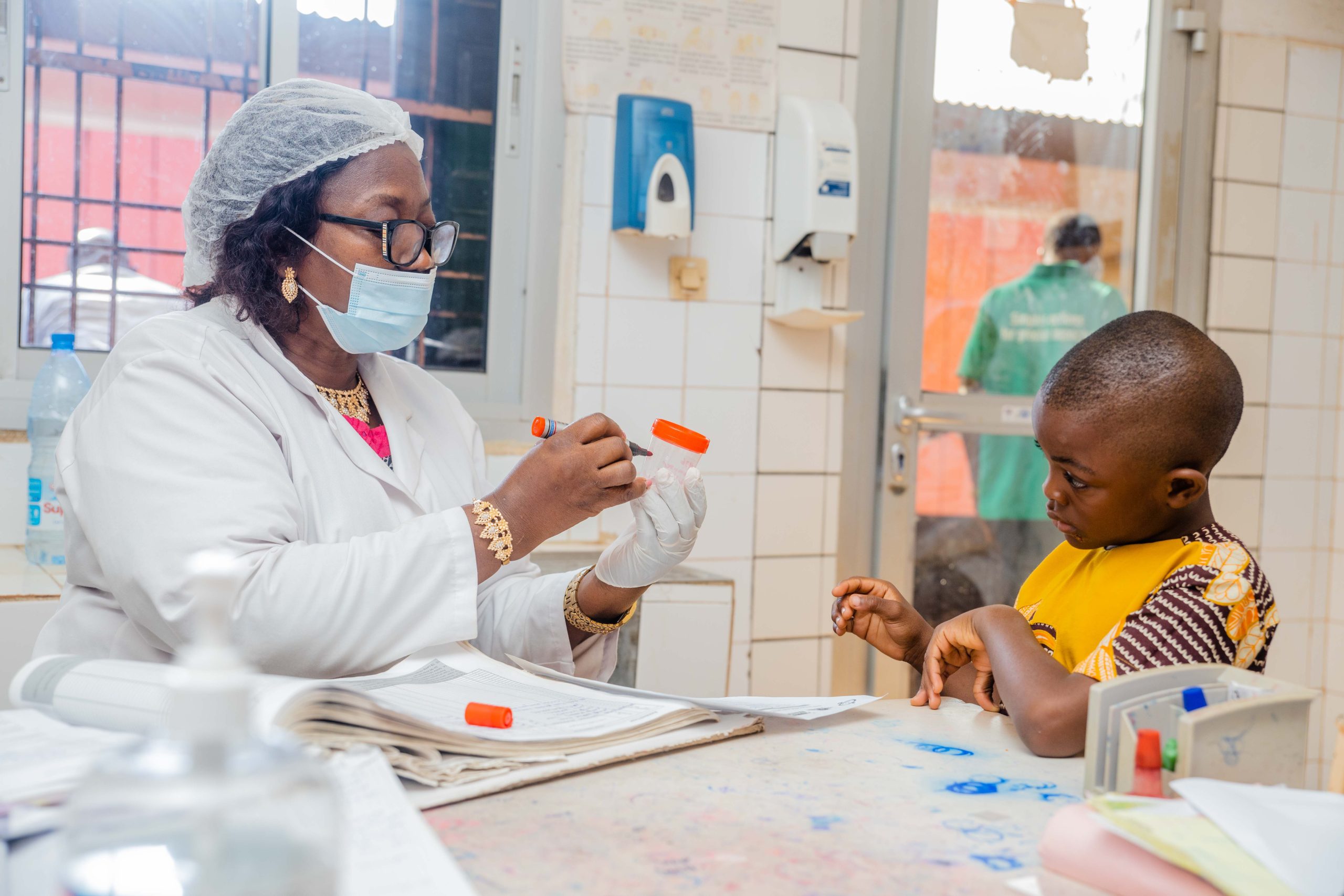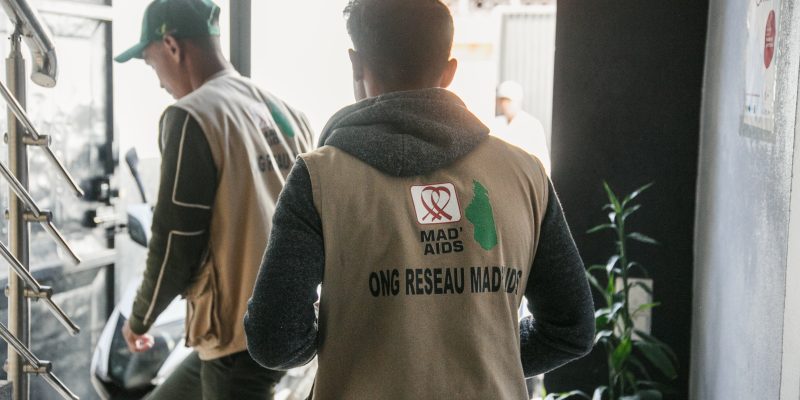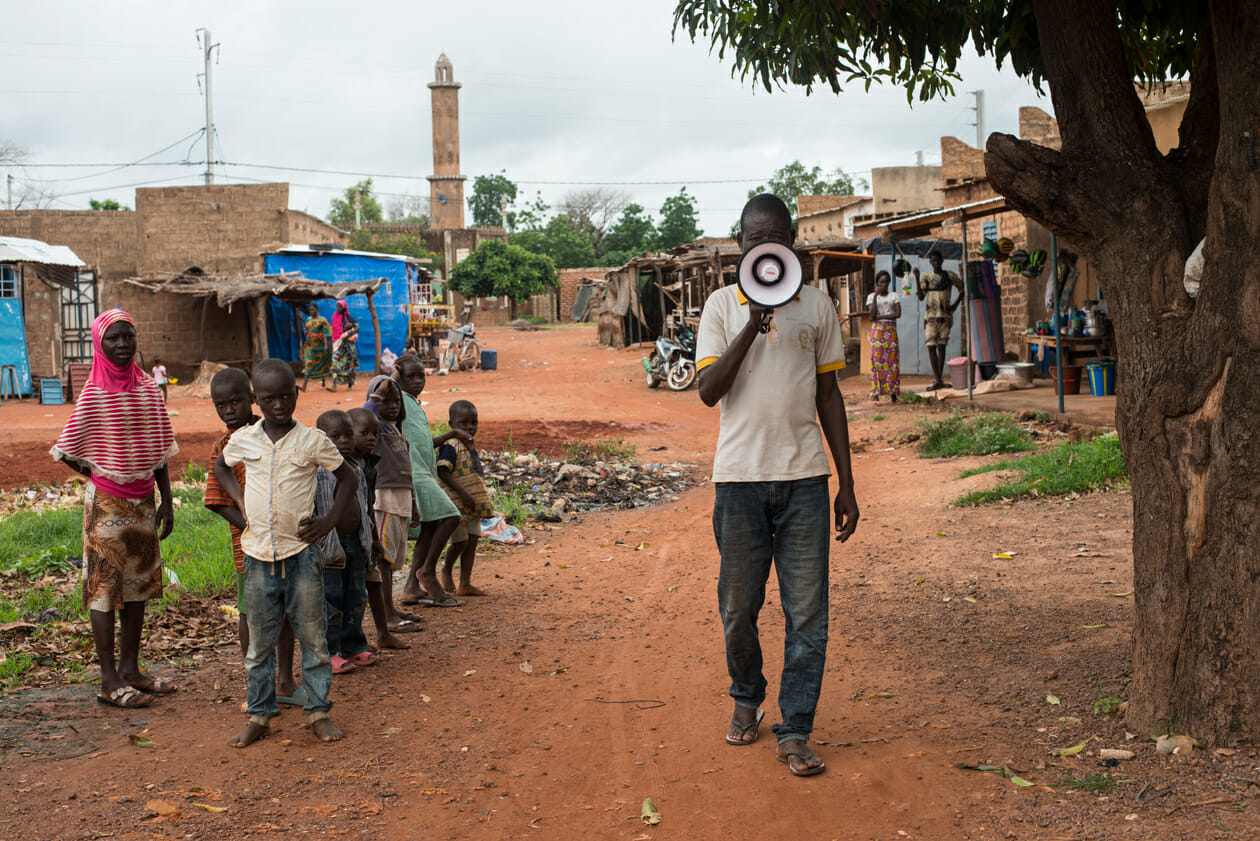20th Indian Ocean HIV Symposium: The Importance of Regional Coordination to Eliminate HIV
On the occasion of the regional conference “Resilience, regional collaboration and innovation in the fight against HIV “, which is being held from October 22 to 24, 2024 in Madagascar, Christophe Vanhecke, Regional Advisor in Global Health, shares with us his vision of the major issues of this event and the importance of regional collaboration to effectively fight against HIV in the Indian Ocean.
What do you think is the main issue at stake in the conference “Resilience, regional collaboration and innovation in the fight” against HIV?
This conference has existed for 20 years, and its main challenge is to raise awareness of the epidemiological situation of each country in the region, as well as the practices and challenges in the care of people living with HIV (PLHIV). This includes both medical aspects and those related to laboratories and sociological support by civil society organizations (CSOs).
This scientific and social conference allows for ever closer collaboration in the region for an effective response to sexually transmitted infections such as HIV or hepatitis.
This event provides an opportunity to take stock of the challenges and opportunities at the state and regional level, state and regional strategies for screening, prevention or elimination of mother-to-child transmission, support for key and vulnerable populations or community engagement, policy and regional collaboration.
How is regional collaboration an essential lever for strengthening the fight against HIV in the Indian Ocean?
Each country in the region has different epidemiological profiles and practices in the face of HIV, as well as varied financial and material resources. Regional collaboration allows for the exchange and federation of good practices between countries. It also contributes to strengthening human and material capacities, with the aim of ensuring more equitable care for PLHIV throughout the region.
What innovative aspects hold the most promise for addressing the challenges posed by HIV in the region?
In the Indian Ocean, many patients of Malagasy or Comorian origin are, for example, followed in Réunion or Mayotte. This situation therefore justifies intense and adapted coordination. Furthermore, this regional collaboration is a major asset.
Collaboration between stakeholders, both on the medical and social levels, with CSOs such as MAD AIDS or PILS is important in the success of regional management.
Innovation also relies on unequal access to treatments and the management of medical inputs. Regional coordination for the purchase of inputs could represent an important step forward.
How can France, through its support, contribute significantly to the fight against HIV in the Indian Ocean?
France already supports this fight in the Indian Ocean, particularly in Madagascar, the Comoros and Mauritius through the Global Fund and L’Initiative – Expertise France, which is also supporting this regional conference.
However, capacity building and human resources are essential and priority areas for us. It could therefore be interesting to contribute more to the training of doctors, nurses and community health workers, through adapted and shared regional training, which would improve care, awareness and communication on HIV.
What message would you like to send to the participants of the conference and to the actors involved in this regional fight against HIV?
Although we are seeing a clear improvement in the epidemiological situation of HIV in the Indian Ocean countries, HIV remains a major public health problem. In some countries such as Madagascar, the prevalence is sometimes underestimated and there is a risk of generalization to the general population. It is crucial to raise awareness and communicate at all levels: with key populations, young people, pregnant women, vulnerable people and the entire population. At the same time, it is necessary to take ever greater action against HIV-related stigma and discrimination. Finally, regional coordination remains essential to share good care practices.
